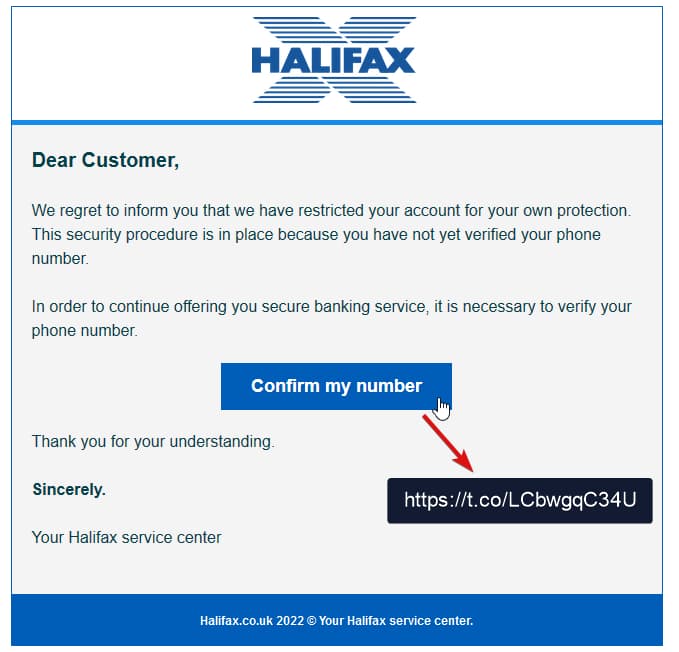T.co Links Emerge as Persistent Vector in Sophisticated Phishing and Smishing Scams

London, UK – Links shortened by Twitter's t.co domain are increasingly being exploited by cybercriminals to mask malicious URLs in sophisticated phishing and smishing campaigns, posing a significant threat to unsuspecting users. While t.co serves as Twitter's official URL shortener, designed to protect users by scanning for threats, its trusted nature is being leveraged by attackers to bypass security filters and deliver deceptive content.
Security experts note a rise in these attacks, with malicious t.co links frequently appearing in fraudulent SMS messages and emails. These messages often impersonate legitimate entities such as delivery services, financial institutions, or well-known companies, urging recipients to click on the link to resolve an urgent issue or claim a package. The deceptive nature of these links makes them particularly effective, as the t.co domain itself is not inherently malicious, making it challenging for security systems to block outright without generating false positives.
One common tactic involves "smishing" campaigns, where users receive text messages with t.co links disguised as delivery notifications or account updates. Upon clicking, victims are often redirected to fake login pages designed to steal credentials or personal information. The Federal Trade Commission (FTC) warns that scammers frequently create a false sense of urgency or promise rewards to trick individuals into interacting with these links.
Cybersecurity firms report that attackers are becoming more adept at crafting convincing scam messages, sometimes employing advanced techniques, including the use of AI, to generate grammatically correct and persuasive text. This sophistication makes it harder for the average user to distinguish legitimate communications from fraudulent ones. "Threat actors are constantly looking for ways to exploit well known brands to share malicious content," stated Mesh Security in a recent analysis.
To mitigate risks, users are advised to exercise extreme caution when encountering unexpected t.co links, especially those in unsolicited messages. It is crucial to verify the legitimacy of the sender and the content independently, rather than clicking on the link directly. Reporting suspicious messages to wireless providers and relevant authorities, such as the FTC, can help in identifying and combating these evolving threats.